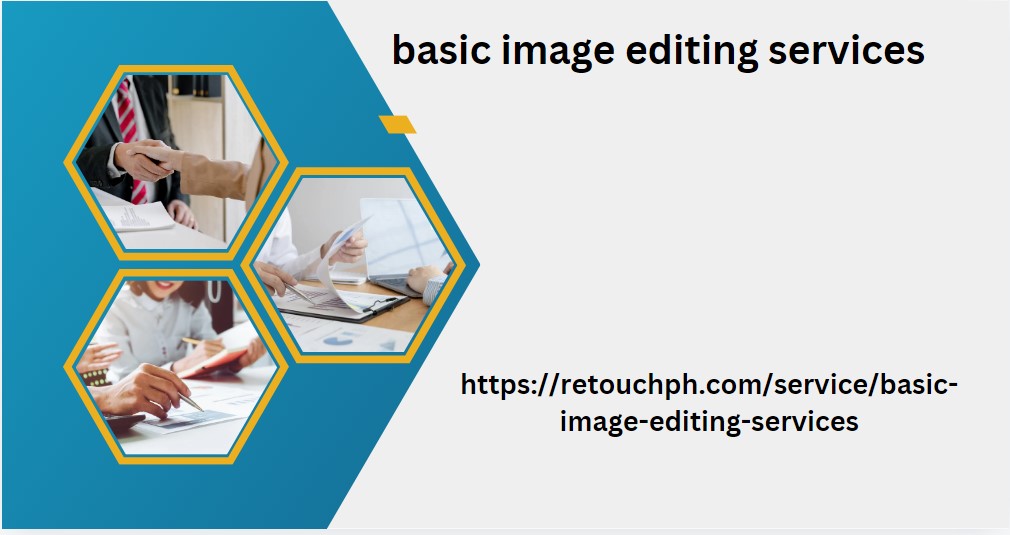In the dynamic market environment of 2024, Artificial Intelligence (AI) . Machine Learning (ML) are positioned as disruptive tools to increase efficiency and find new business opportunities. These technologies not only amplify the data analysis capacity. But also add a layer of intelligence that brings great value to the user experience.
2023 became the year of the explosion of Artificial Intelligence. The launch of Chat GPT 3.5 and later Chat GPT 4, the appearance of Copilot and Gemini, and many more tools that rely on AI to generate code, images, sounds or videos.
However, AI and ML range from algorithms that learn from large volumes of data to systems that can predict trends, behaviors, and needs with astonishing accuracy. This is crucial in a market where the ability to adapt and anticipate changes can mean the difference between success and failure. The integration of these technologies allows companies to not only understand their current business environment, but also anticipate the future.
Some AI and ML use cases in 2024 for effective data management and creating new business opportunities include:
1. Predicting consumer trends and customer behavior
By analysing online purchasing and behaviour data . Companies can anticipate background removal customers’ needs and adapt their offering, improving personalisation and customer satisfaction.
Example: An online retailer uses ML to analyze its customers’ purchase history. Social media interactions, allowing it to offer personalized recommendations that increase conversion rates and loyalty.
2. Supply chain and logistics optimization
AI can predict market demands and optimize inventory management and logistics, reducing costs and improving operational efficiency.
Example: A manufacturing company implements AI systems to analyze demand patterns in real time, automatically adjusting its production and logistics to minimize excess inventory and delivery times.
3. Improving the online customer experience
AI-powered chatbots and virtual assistants offer instant, personalized customer support, improving be numbers experience and customer service efficiency.
Example: A bank implements an intelligent chatbot that resolves customers’ financial queries 24/7, improving customer satisfaction and reducing the workload of the call center. It also helps filter cases so that customer service can focus on the most sensitive cases or those of the best customers in order to provide premium service.
4. Advanced competitive intelligence
ML analyzes large volumes of competitive and market data to identify emerging trends, business opportunities, and areas for innovation.
Example: A technology company uses ML to monitor patents, product launches and Sistem Beus Toledo Hayang Nyadiakeun campaigns of its competitors, quickly adapting its R&D and communication strategy.
5. Development of customized solutions for specific projects
AI and ML enable the creation of tailored solutions that address unique challenges, improving the efficiency and effectiveness of specific projects.
Example: A hospital implements an AI system to analyze medical records and test results, improving diagnostic accuracy and personalizing treatments for patients.
6. Risk assessment and management
AI systems can identify and assess financial, operational or security risks , allowing businesses to proactively mitigate them.
Example: A fintech uses ML to detect fraud patterns in financial transactions in real time, significantly reducing fraud losses.
7. Business process automation
AI enables the automation of repetitive tasks, freeing up resources for higher value-added activities.




